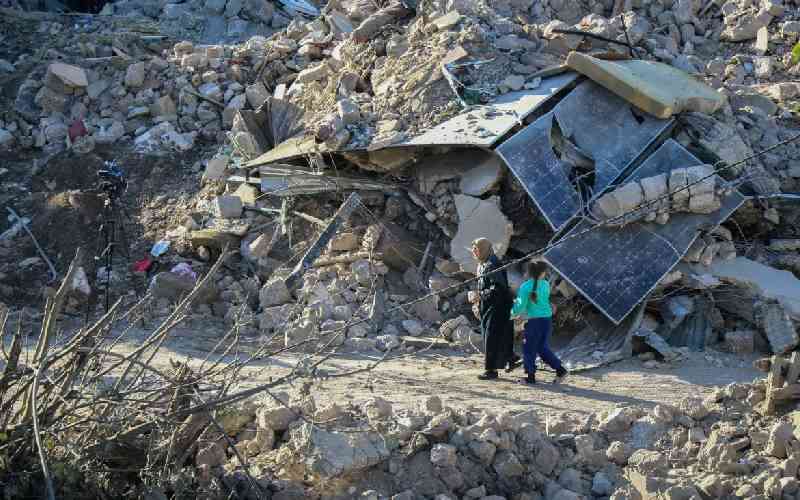×
The Standard e-Paper
Fearless, Trusted News

Israel faced a mounting international backlash Tuesday after its parliament approved a bill banning the main UN aid agency for the devastated Gaza Strip.
Despite objections from the United States and warnings from the UN Security Council, Israeli lawmakers overwhelmingly passed the bill banning the United Nations agency for Palestinian refugees, UNRWA, from working in Israel and annexed east Jerusalem.